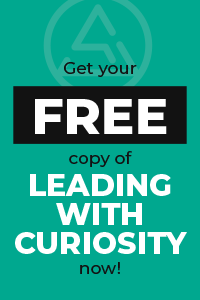Art Sponseller, JD, PCC, Senior Executive Coach, www.artsponseller.com
Anger — friend or foe? It is a good question and one I get asked by leaders who, like all of us, know that anger has affected relationships.
Something happens during a tense encounter with someone important to us. It triggers us and our anger rises. We feel this way when we perceive someone has wronged us by violating a line, boundary, or value. The violation comes from outside ourselves and we blame the source. The big question is what to do with the feeling of anger when you feel it bubbling up.
Let’s break anger down.
Anger is good until it isn’t. The good that comes from anger is clarity, boundaries, direction-setting, and motivation.
If we suppress anger, we face risks. We can be taken advantage of allowing ourselves to get used by others.
If we feel anger strongly we may create barriers and potentially harm relationships with others. We get stuck in it and can’t let it go. This can make repairing relationships difficult especially when anger shows up in our behavior.
When something happens that causes us to feel anger what should we do? Experts recommend taking a mental pause; feel the feeling and think about what is causing the sense of being violated. During this pause, also consider what the other person(s) is thinking, feeling, or wants to do. Now you have choices. You can ignore what triggered you and move on. You can put the issue that triggered you on the table in a neutral, objective way being careful that you don’t blame or accuse anyone. “I’m intrigued by X and it would help me to better understand its contribution to our goals.” Perhaps a simple no is the best answer.
The secret to improving your emotional intelligence is being in touch with your internal experience in stressful situations — what you are feeling, thinking, and wanting to do. This awareness supports behavioral choices.
Source: Learning in Action https://learninginaction.com.


